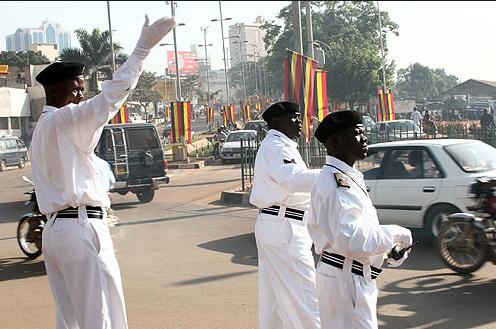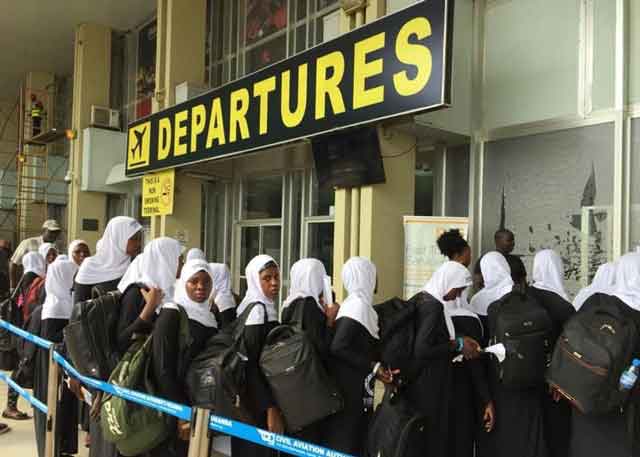The Bamasaaba Cultural Institution has raised serious concern over the growing influence of organized school gangs, linking 60% of them to specific political affiliations. According to findings by the institution’s Cultural Intelligence Desk, school gang activity is increasingly being driven by overt political ideologies, criminal behavior, and social breakdowns.
The warning comes amid reports that some students are importing political divisions into school environments, leading to violent clashes among learners.
“School leadership must remain vigilant and act swiftly to curb this growing threat,” the institution warned in a recent statement.
Political and Cultural Roots
While universal education policy has enabled wider access to schooling, the institution believes more needs to be done by cultural and traditional institutions to combat moral decline.
“As a cultural institution, we discourage trends such as TikTok misuse. Why can’t learners use TikTok for academic debates instead of dancing to funny songs?” the statement read.
The institution also expressed concern that some schools appear to be politically inclined, which contributes to the formation of ideologically driven gangs.
Well-Organized and Violent Structures
Research conducted by the Bamasaaba Cultural Institution describes these gangs as having highly organized leadership structures, including oath-taking rituals, coded language, symbols, and violent methods of enforcement.
“Members are known to swear allegiance to gang leaders and face serious punishment—sometimes even death—if they fail to meet group demands,” it was reported.
In Mbale region, the city environment and rising poverty have created fertile ground for gang formation. Some schoolchildren, many of them from broken homes or living as street beggars, engage in criminal activities, including drug abuse, robbery, and assault.
Disturbing Trends and Real-Life Incidents
Gang members often abuse narcotics, which impairs their judgment and increases violence. The Cultural Intelligence Desk cited a recent incident in which a student was stabbed to death by a rival gang member, leading to arrests of students from Nkoma and Mbale Progressive Secondary Schools.
“Many learners end up in mental wards due to substance abuse. I recently visited Mbale Psychiatric Ward and found several students undergoing rehabilitation—with limited success,” said Steven Masiga, spokesperson of the Bamasaaba Cultural Institution.
Additionally, the institution cited reports of school gangs initiating violence within schools and escalating it into nearby communities. In one shocking incident, rival groups fought using stones and knives in a trading center in Mbale City, prompting villagers to intervene with pangas and machetes.
“Some of these children throw boulders and rocks that nearly kill others. Such incidents reflect the extent of gang violence spreading from school compounds into communities,” Masiga said.
Cultural Intervention and Policy Action
The Bamasaaba Cultural Institution is now pushing for by-laws through local governments across Bugisu to counter the rise of gangism and drug abuse. They are conducting school outreach programs aimed at teaching students the values of discipline, cultural identity, and the legal consequences of criminal behavior.
“We are introducing cultural talks in schools to help learners align with school rules and our cultural values,” Masiga noted.
While both boys and girls are involved in gang activities, boys account for the majority of cases. However, recent incidents involving girls—including a girl slapping a teacher and another allegedly killing her boyfriend in western Uganda—highlight the growing involvement of female students in violent behavior.
A National Call to Action
In his concluding remarks, Masiga issued a clarion call to the Bamasaaba community and the nation at large:
“We are moving across Masabaland to preach against criminal behavior in schools. The law in Uganda carries harsh penalties for robbery, drug abuse, theft, defilement, and rape. Parents, teachers, and students must work together to curb this dangerous trend.”
He urged learners to respect school policies and cultural norms, warning that even minor crimes can lead to severe consequences.
Steven Masiga is the spokesperson of the Bamasaaba Cultural Institution.
Tel: 0782231577




















